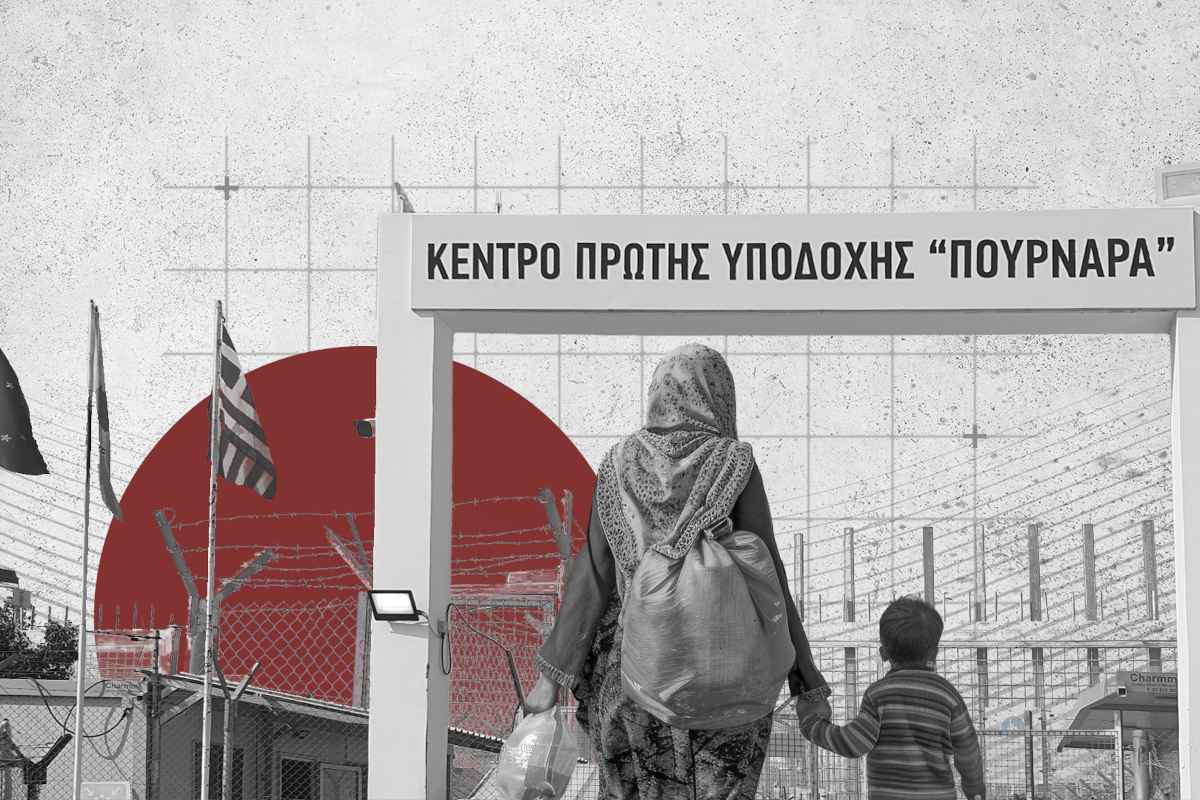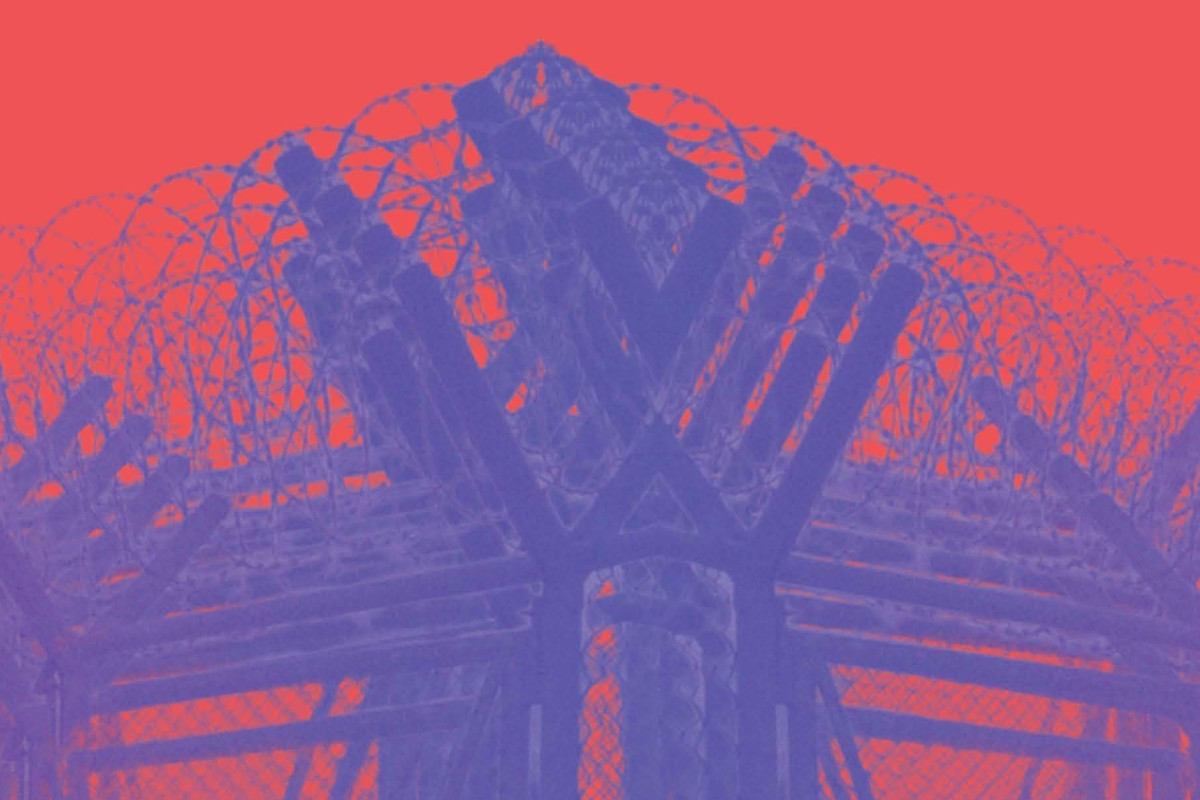Libya: After discovery of mass graves, EU funding should "save lives and open up safe routes"
Topic
Country/Region
19 February 2025
More than 30 organisations, including Statewatch, have called on the European Commission to use its funding for immigration control in Libya "to save lives and to provide alternatives to dangerous journeys." The call comes after the discovery of two mass graves in Libya, containing the bodies of almost 50 people believed to have been migrants and refugees.
Support our work: become a Friend of Statewatch from as little as £1/€1 per month.
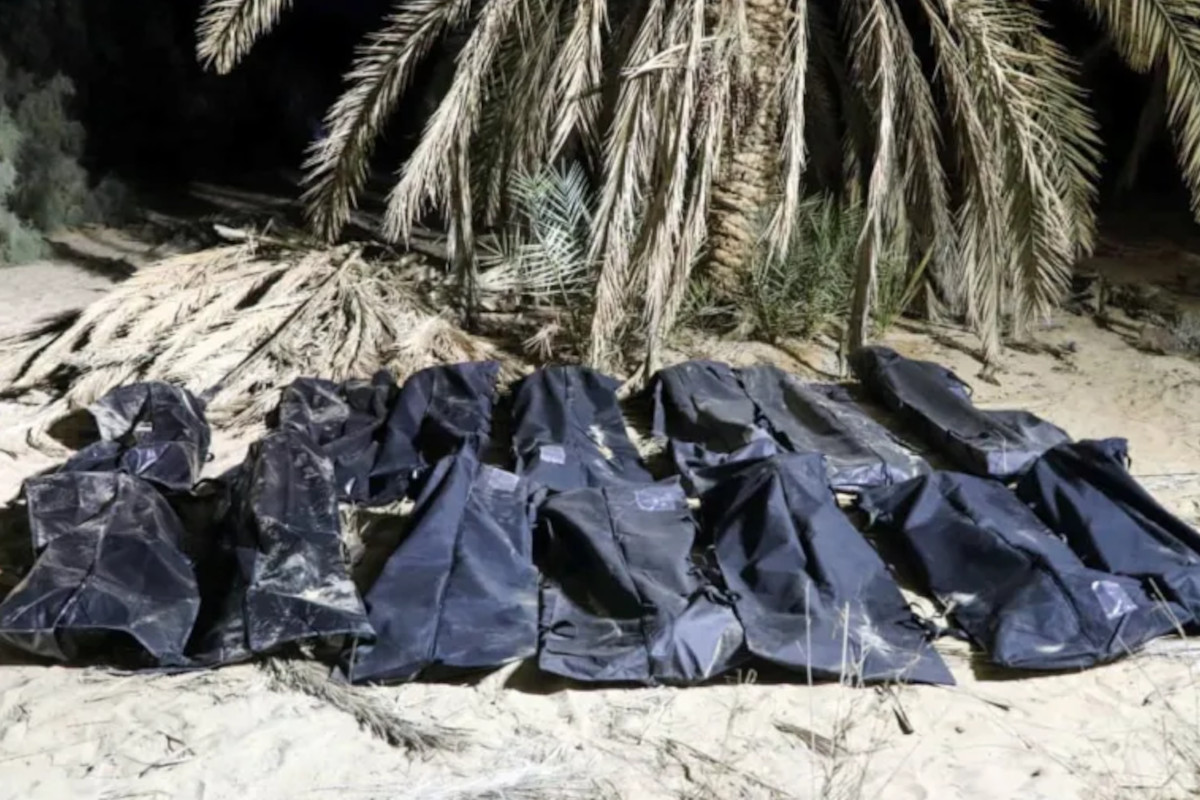
Image: Alwahat district Security Directorate via Al Jazeera
"The grim discovery of new mass graves in Libya is yet more evidence that after over a decade of EU support for Libyan security forces, lethal and inhuman conditions for people seeking safety still prevail," said David Yambio from the organisation Refugees in Libya.
The EU should "suspend cooperation with Libyan security forces, and open up safe routes for people trapped in Libya," he added.
The EU recently promised to review its funding for Tunisian authorities, after press revelations about brutal violence committed against migrants by security agencies.
The statement says that "the EU should follow suit in Libya."
"Funding should instead be used to save lives and to provide alternatives to dangerous journeys by ensuring safe routes for people to escape Libya," the statement says.
Full-text of the statement
Civil society organisations call for EU-Libya migration funding freeze as mass graves discovered
The recent discovery of dozens of bodies, believed to be people migrating, in mass graves in Jakharrah and the Alkufra desert in Libya is shocking and horrific.
Our thoughts are with the families of the victims, and with all those who have loved ones missing in similar circumstances, whose situation is often worsened by a lack of access to procedures for reporting, identifying and accessing information about missing people.
In Libya the torture and killing of migrants in detention, their abandonment at sea or in the desert; being held in conditions akin to slavery; being subject to starvation and other serious human rights violations have been documented extensively by the UN’s Independent Fact Finding Mission on Libya and other bodies.
It is clear that European Union migration funding to Libya, as well as migration funding to Libya from EU member states including Italy and France, has not delivered on its promise to improve conditions for people seeking safety.
A decade on from the Mediterranean’s deadliest shipwreck off the Libyan coast, refugees in Libya remain subject to conditions that no human being should endure.
Often, these conditions are imposed by forces which received European public funds and support.
The European Commission reportedly took steps recently to review its funding arrangements with Tunisia after revelations of abuses carried out by security forces there.
In the wake of these new discoveries, and following last year’s European court of auditors finding that the EU’s Libya funding fails to address human rights risks, the EU should follow suit in Libya.
Funding should instead be used to save lives and to provide alternatives to dangerous journeys by ensuring safe routes for people to escape Libya.
ASGI - Association for Juridical Studies on Immigration
Borderline-europe - Human Rights without borders e.V:
Border Violence Monitoring Network
CCFD-Terre Solidaire
Community Rights in Greece
CompassCollective
Egyptian Human Rights Forum (EHRF)
EgyptWide for Human Rights
European Center for Constitutional and Human Rights (ECCHR)
European Network Against Racism (ENAR)
EuroMed Rights
Greek Council for Refugees (GCR)
Human Rights Watch (HRW)
Jesuit Refugee Service (JRS) Europe
KISA - Action for Equality, Support, Antiracism
La Cimade
MALDUSA Project
Mediterranea Saving Humans
MISSION LIFELINE International e.V.
MV Louise Michel
Refugees in Libya
Refugees Platform Egypt (RPE)
Sea-Eye e. V.
Sea Punks e.V.
Sea-Watch
SOS Humanity e.V.
Statewatch
Transnational Institute
The Tunisian Forum for Social and Economic Rights FTDES
Watch the Med - AlarmPhone
Egyptian Initiative for Personal Rights (EIPR)
Our work is only possible with your support.
Become a Friend of Statewatch from as little as £1/€1 per month.
Further reading
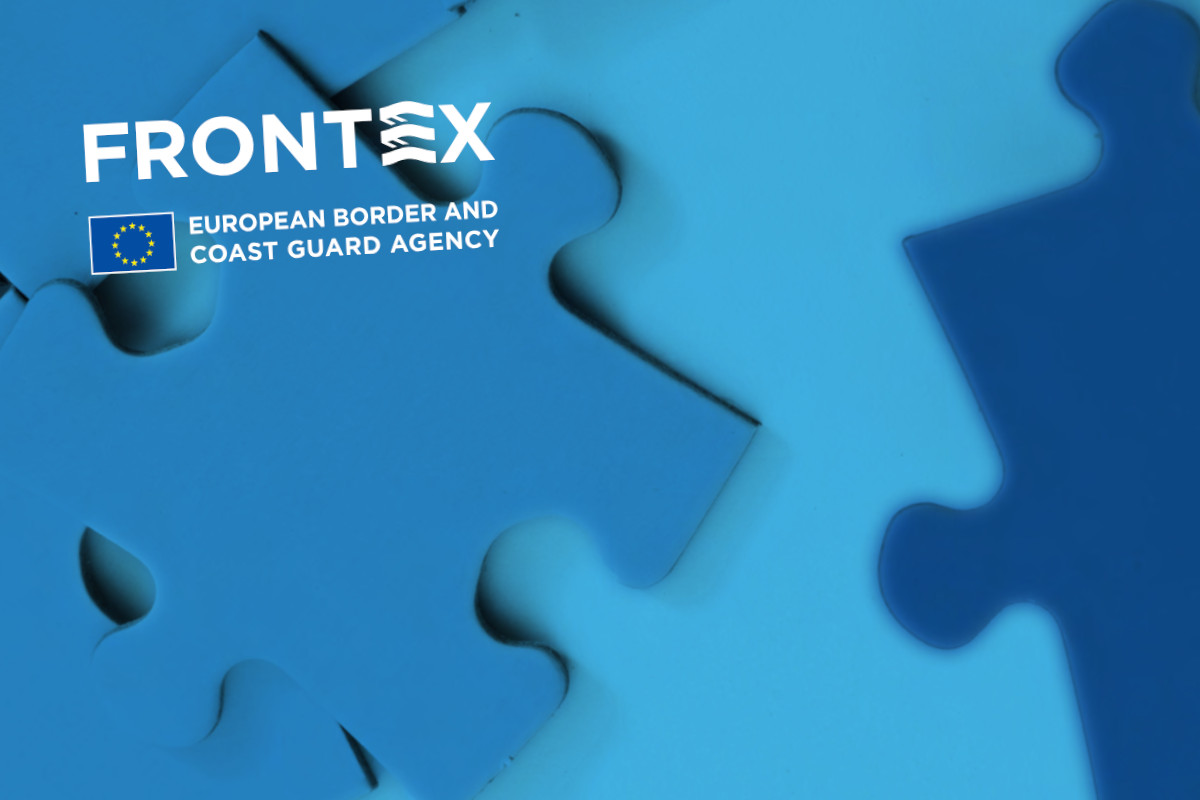
Violence at a distance: Frontex’s increasing role outside the EU
The EU tries to keep ‘unwanted’ people out by outsourcing border control to non-EU states. Frontex, the EU’s border agency, play a key role in a “web of violent deterrence” that is deeply-rooted in Europe’s colonial past. Every year, the agency publishes a report on its work in and with non-EU states. The latest edition demonstrates how its role has expanded, whilst glossing over or ignoring human rights violations.
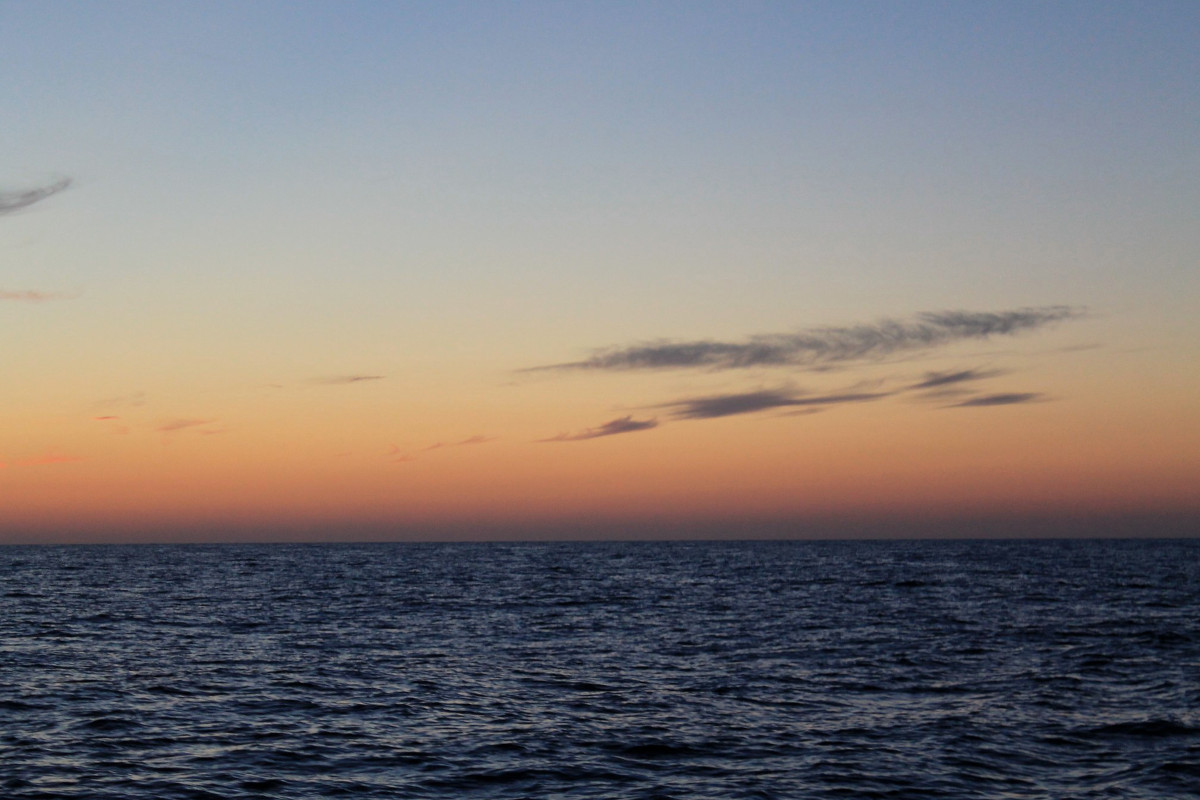
Serial shipwrecks on the Libyan route: the price of deterrence
In just one week in November, more than 600 people in unseaworthy vessels were intercepted on the high seas and taken back to Libyan shores, where conditions remain appalling. This is the result of cooperation between Italy, Frontex and Libyan bodies that flies in the face of international law.
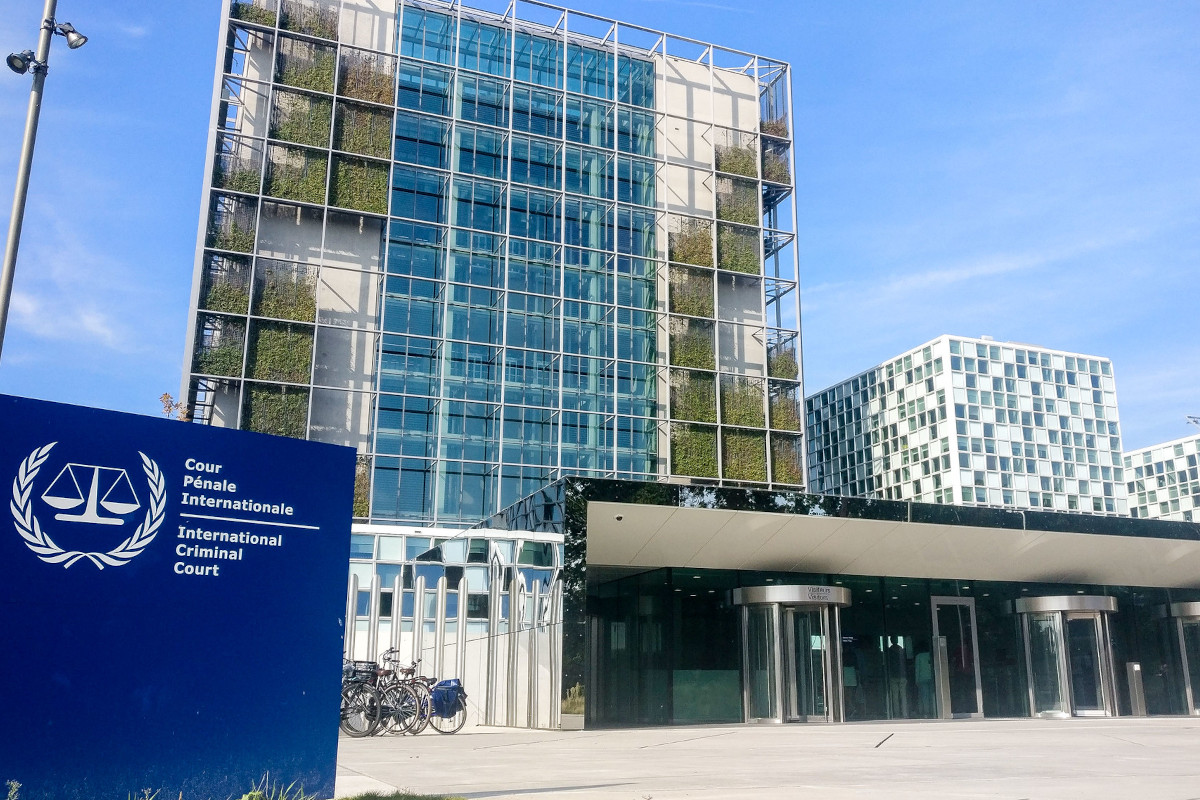
Italian ministers should face justice for freeing fugitive war criminal, says legal complaint
A case filed with the International Criminal Court calls for the launching of investigations into Giorgia Meloni, the Italian prime minister, and two other high-ranking Italian politicians. The complaint accuses them of helping an alleged war criminal wanted by the ICC to escape from Italy to Libya. In doing so, they obstructed the work of the International Criminal Court, says the filing - a crime under international law.
Spotted an error? If you've spotted a problem with this page, just click once to let us know.
